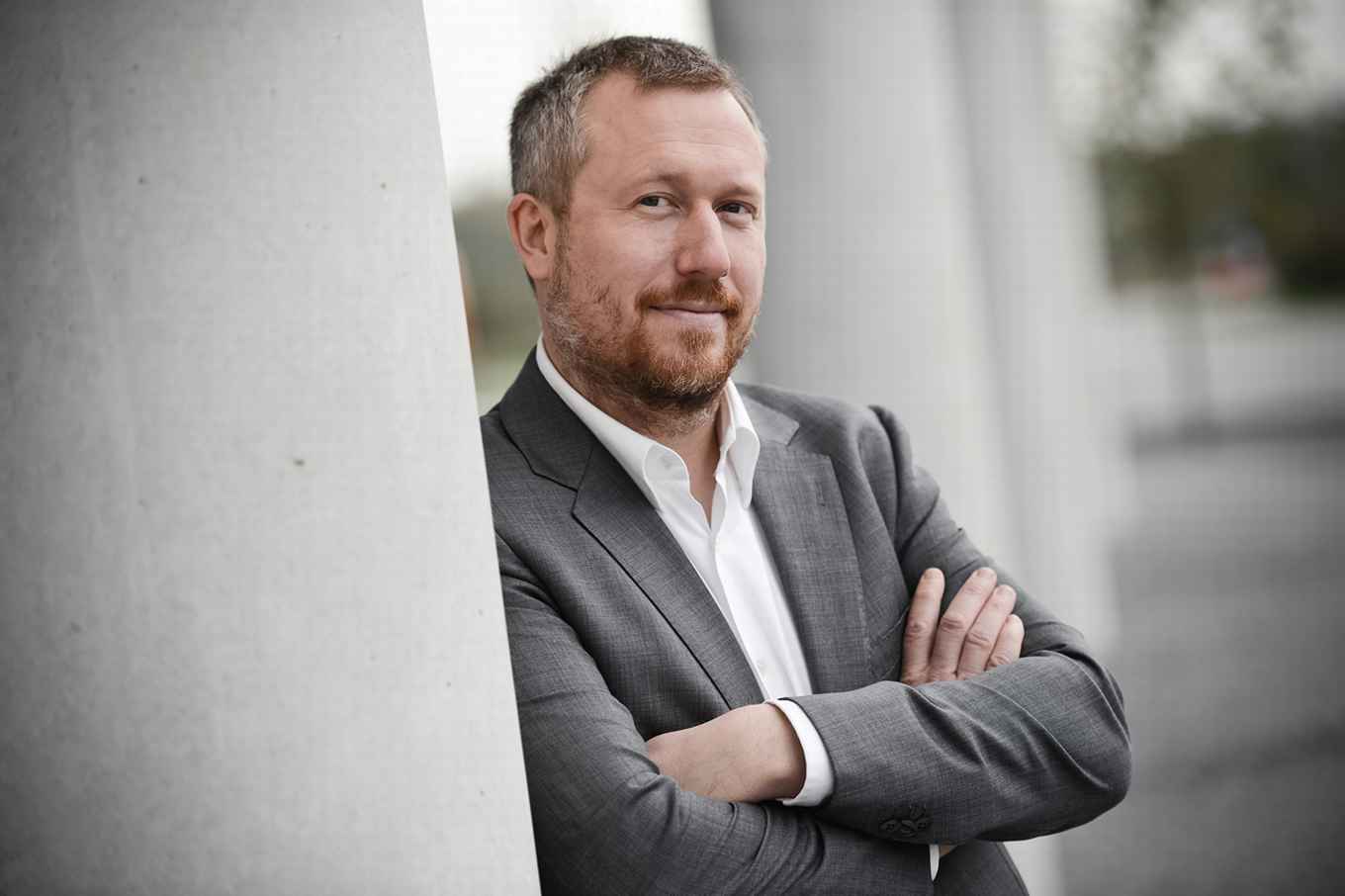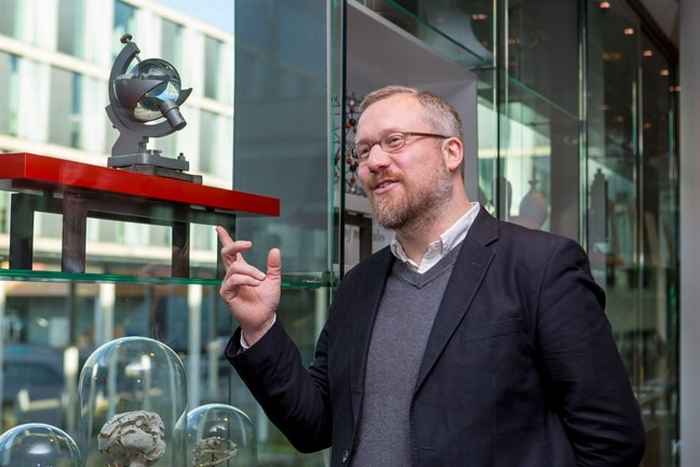Lecturer in the Spotlight: Jeroen van Dongen
‘I hope it’s liberating to learn that science is a human enterprise’
6 December 2016

The ideal scientist
What is the ideal scientist? This question is a recurring theme in Van Dongen’s Bachelor’s course, History and Philosophy of Science. ‘It is a question that lends itself very well to taking an historic perspective. What are the characteristics of a good scientist, and how have ideas about this changed over time? But it is also a way to confront students with what they assume science is, and allow them to critically examine what they are doing.’
Objectivity
The question also arises in Van Dongen’s own research, in which he deals with, among other things, ‘epistemic virtues’: moral qualities that lead man to knowledge. ‘Take objectivity, for instance; this ideal only emerged in the mid-nineteenth century and has since taken on different forms. I find it very interesting to understand such processes and how they influence education, research and – as a result – the knowledge we gain.’

No autopilot
‘The subject can also be translated into very concrete questions regarding how you conduct experiments or the most insightful way to represent the universe, for example,’ Van Dongen continues. ‘By asking students such questions, I try to include them in the dilemmas I encounter in my own research.’ He does this to keep everyone – both the students and himself – on their toes: ‘I don’t like to do new things just for the sake of doing new things, because some lectures only tend to get really good after five or six years. But you do need to be careful that you don’t start giving lectures on autopilot, and intensive interaction with students prevents that.’
Demanding and motivating
Debate plays an important role in this interaction, Van Dongen says. ‘Exercising a well-intentioned, critical engagement as a lecturer is a characteristic feature of scientific education in my opinion.’ He cites his own experience in a course with Sander Bais, emeritus professor of Theoretical Physics at the Faculty of Science. ‘He was extremely strict and demanding, but motivating at the same time. We had to work through calculations that we couldn’t solve, and that the PhD students who supervised us couldn’t always solve either. Much of science education is structured around the idea that there is a question and an answer, and suddenly this turned out not to be the case. But that moment really took me to the next level as a student.’
Human enterprise
Van Dongen tries to convey to his students that nothing is self-evident in science. ‘I think we sometimes lose sight of the fact that science is a human enterprise. The notion that there is a single correct method that produces a single correct answer regardless of who applies it – this is an implicit image that you might inadvertently get as a student, but it’s not based on the reality. There are differences of opinion, certainly at the forefront of science. And I think – I hope – that if students hear this message, it can also be somewhat liberating and inspiring.’